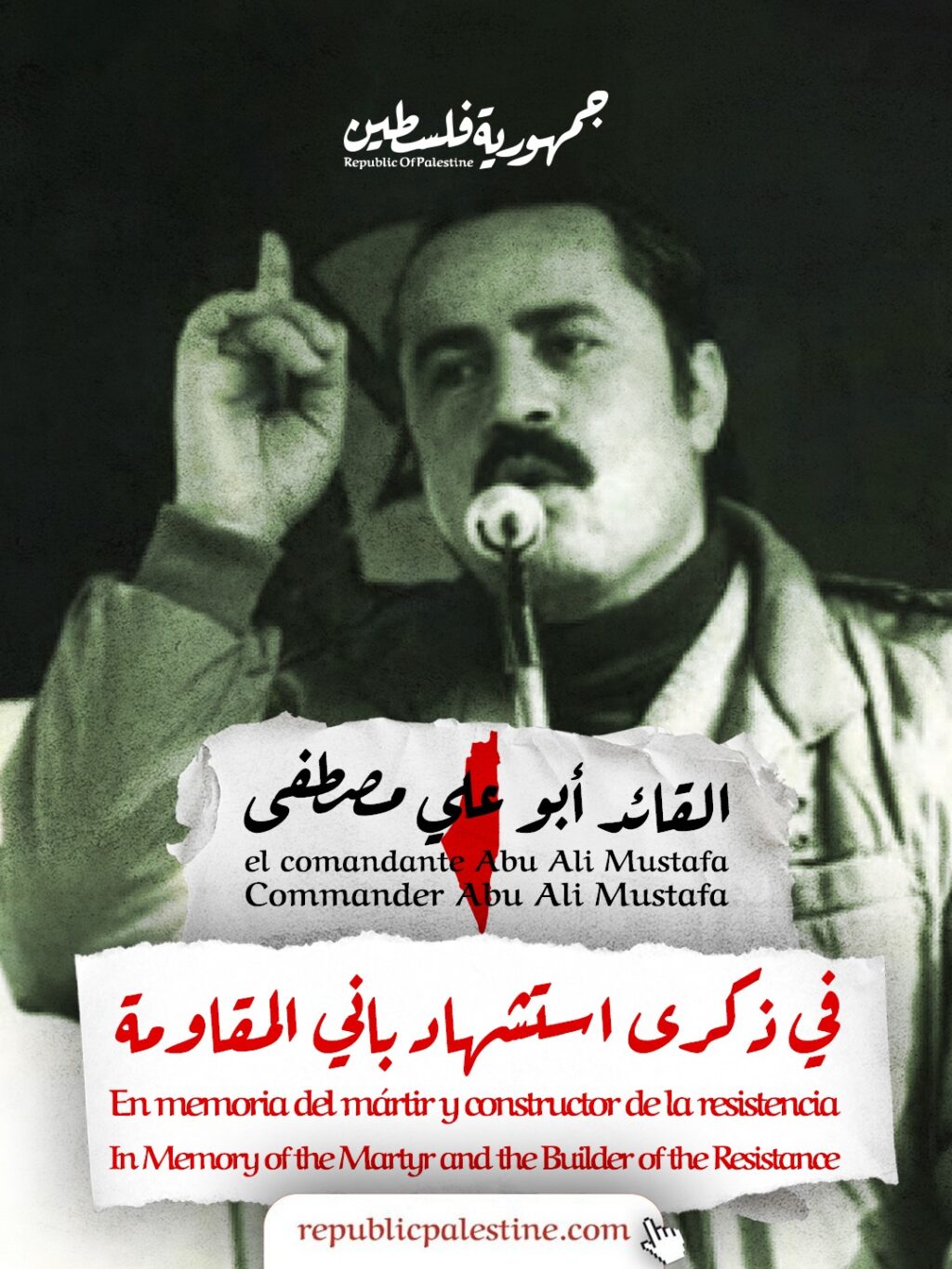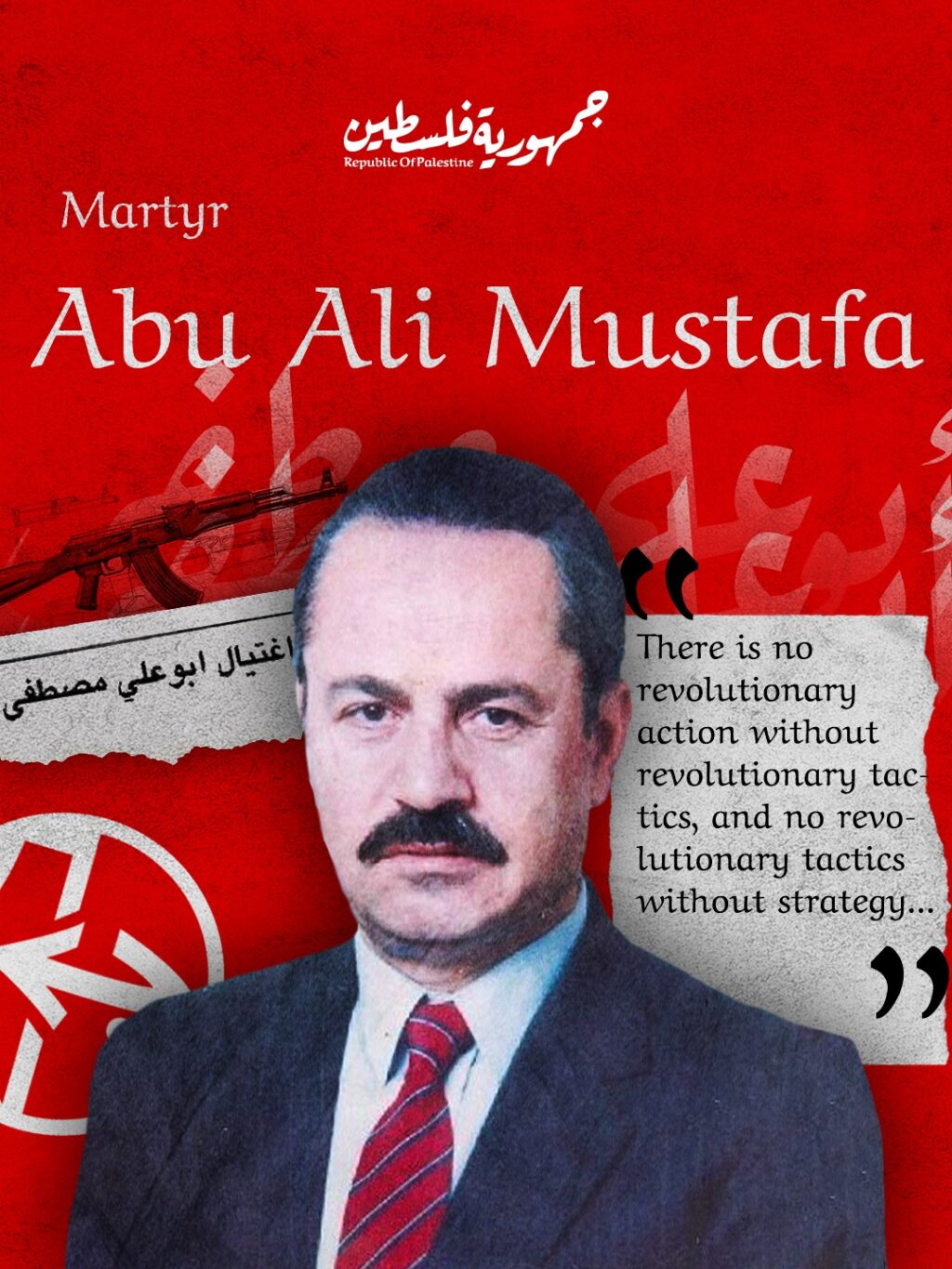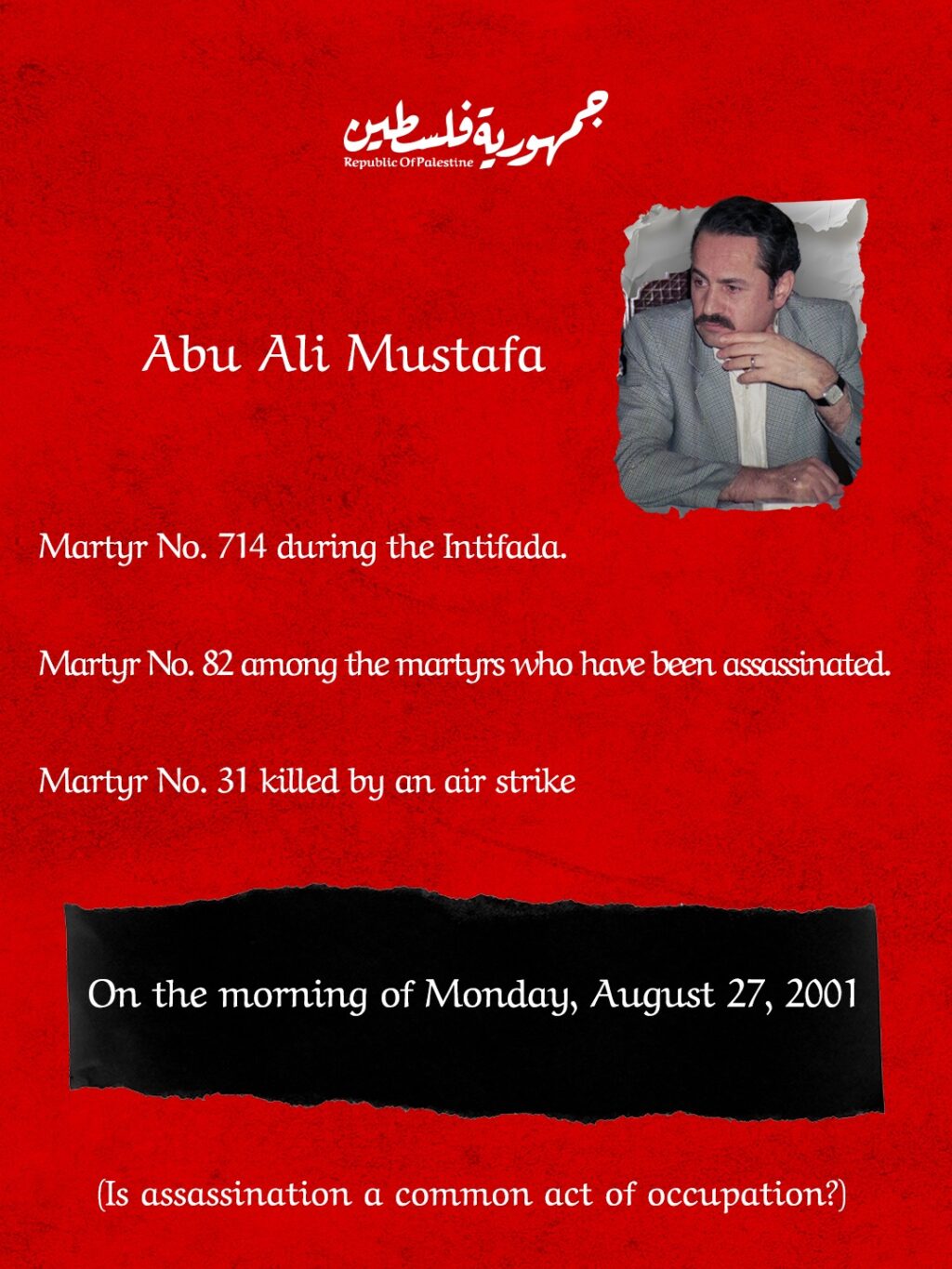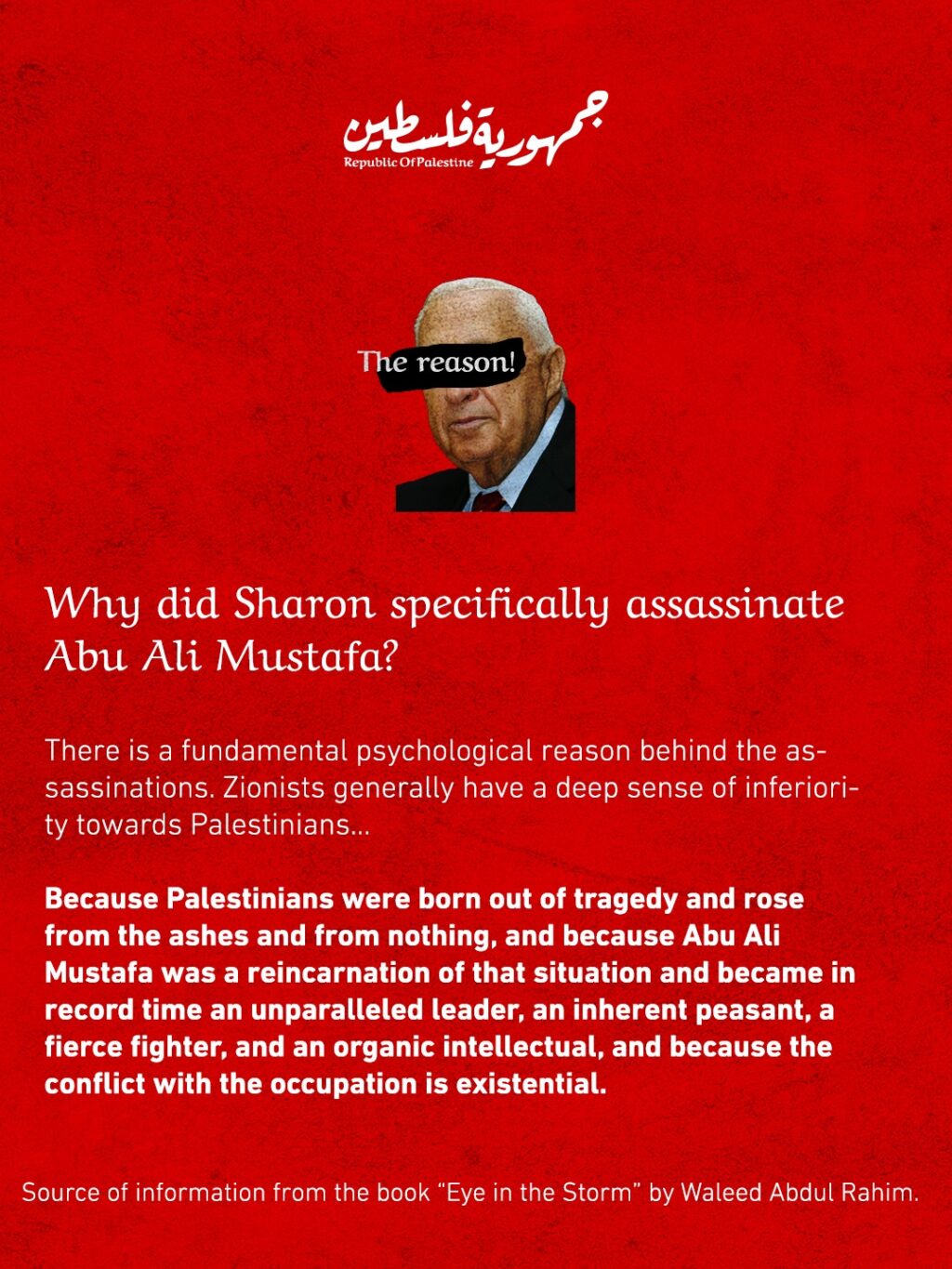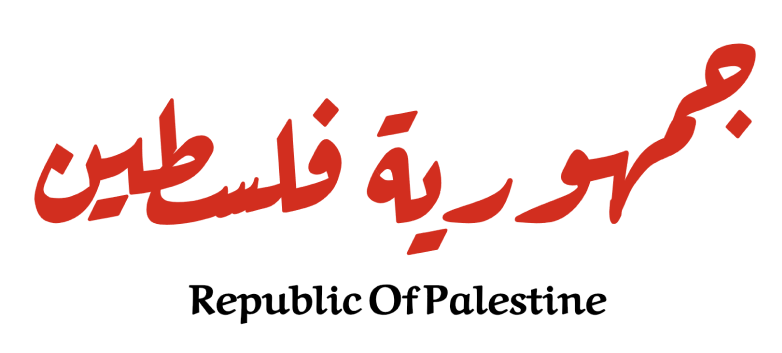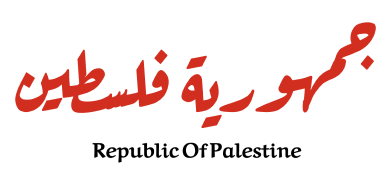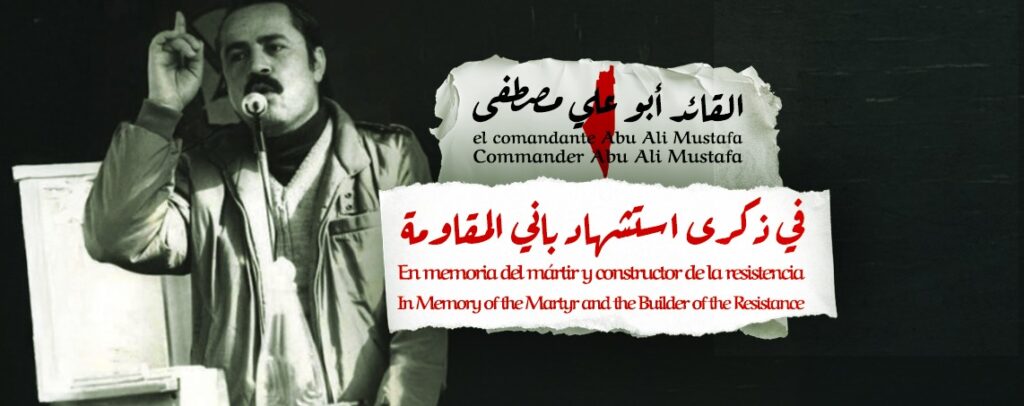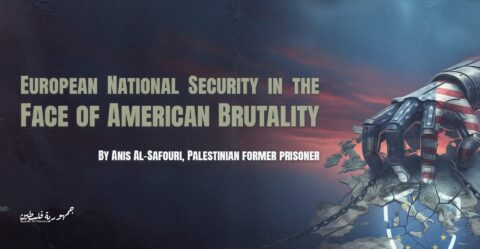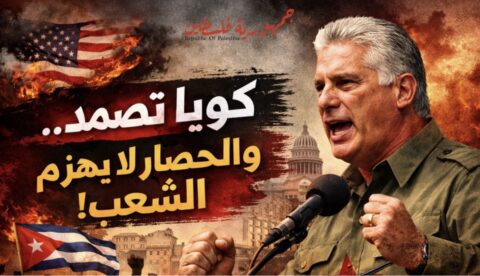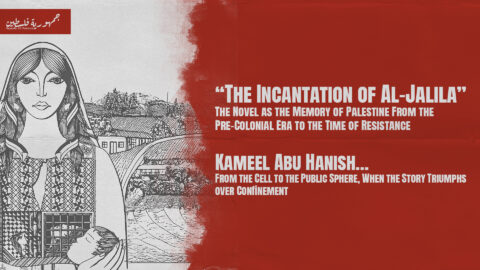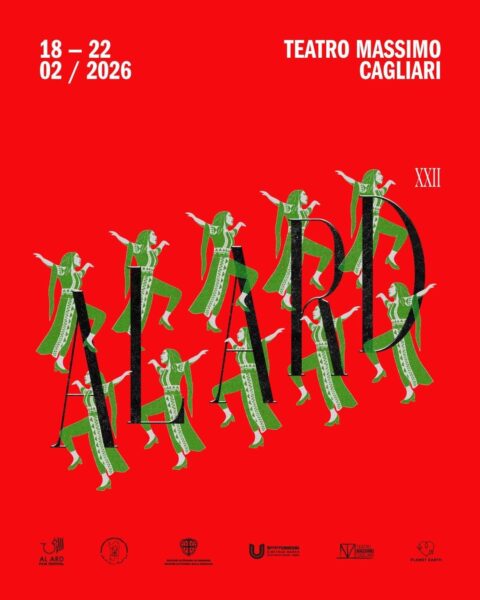“There is no revolutionary action without revolutionary tactics, and no revolutionary tactics without strategy.”
— Martyr Abu Ali
Abu Ali Mustafa (Mustafa Ali al-Ali al-Zabri, May 14, 1938 – August 27, 2001) was more than a revolutionary leader; he was the architect and builder of the resistance. His life journey—from his upbringing in a poor family to his leadership of the Palestinian resistance—embodies struggle, conviction, and unwavering defiance in the face of occupation.
Roots of Resistance
Abu Ali Mustafa was born in Arraba, Jenin, into a peasant family, and his early life was marked by hardship. He left school at an early age and worked in Haifa’s factories during the Nakba (Catastrophe of 1948), where he became deeply rooted in the working class, which became central to his political vision and thought.
At the age of only 17, he joined the Arab Nationalist Movement (ANM), alongside figures who would become leaders of the Palestinian revolution, such as Dr. George Habash and Wadie Haddad, and others who were committed to Arab nationl liberation from Zionist, Western colonialism and from reactionary Arab regimes.
The founding the Popular Front for the Liberation of Palestine (PFLP)
His political activism came at a high personal cost. He was sentenced by a military court and spent five years in Jordanian prisons—an experience that only deepened his commitment to the cause of liberating prisoners and political detainees held by both the occupation and reactionary regimes.
After his release in 1961, Abu Ali took charge of leading guerrilla operations of the ANM in northern West Bank against the occupation. In the wake of the 1967 Naksa (defeat), he joined Dr. George Habash and comrades in founding the Popular Front for the Liberation of Palestine (PFLP), as a Marxist-Leninist force opposed to Zionism, Western imperialism, and reactionary Arab regimes.
He led early guerrilla operations across the Jordan River in the mid-1960s, and later became the PFLP’s military commander in Jordan and Lebanon before being appointed deputy secretary general in 1972.
“We Have Returned to Resist, Not to Compromise!”
After decades of exile in Damascus and Jordan, Mustafa returned to the West Bank in 1999. He became famous for declaring: “We have returned to resist, not to compromise!”, sending a clear message of defiance to the occupation—that resistance would continue and its bases would be strengthened so long as the occupation remained on Palestinian land.
In 2000, after the resignation of Dr. George Habash, he was elected secretary general of the PFLP. His return inspired a broad popular base in the occupied territories and the West Bank, making him a symbol of staunch opposition to the Oslo Accords—which he saw as surrender—and defiance to the Zionist occupation.
The Assassination
On August 27, 2001, he was assassinated by two missiles fired from Israeli Apache helicopters while sitting in his office in al-Bireh. His funeral became one of the largest in the history of the West Bank, attended by thousands of Palestinians.
In response, the PFLP targeted Israeli Tourism Minister Rehavam Ze’evi, who had openly called for the ethnic cleansing of Palestinians, in a clear message that the assassination of Palestinian leaders would be met with similar resistance.
Legacy and Continuation of Resistance
The legacy of Abu Ali Mustafa continues as one of the symbols of Palestinian, Arab, and international liberation struggles. His name lives on through the armed wing of the PFLP, the Abu Ali Mustafa Brigades, which operates in the West Bank and Gaza Strip, fighting alongside national forces and factions amid the ongoing genocidal war waged by the occupation against Gaza, the Palestinian people, and their identity as a whole.
His legacy is reflected in his steadfast adherence to Marxist-Leninist, secular, and anti-Zionist principles. For him, all forms of struggle—including armed struggle—were legitimate as long as the occupation remained on Palestinian land. He rejected any peace with the occupier, which did not guarantee the refugees’ right of return, and erased the goal of establishing a fully sovereign Palestinian state from the river to the sea.
Today, institutions—from schools to sports clubs—carry his name in refugee camps and villages, confirming that the collective memory of the Palestinian people nourishes the determination to resist, and that preserving the legacy of the fighters among our people means continuing their path until liberation and the end of occupation on our land.
-The editorial team of the Republic of Palestine
